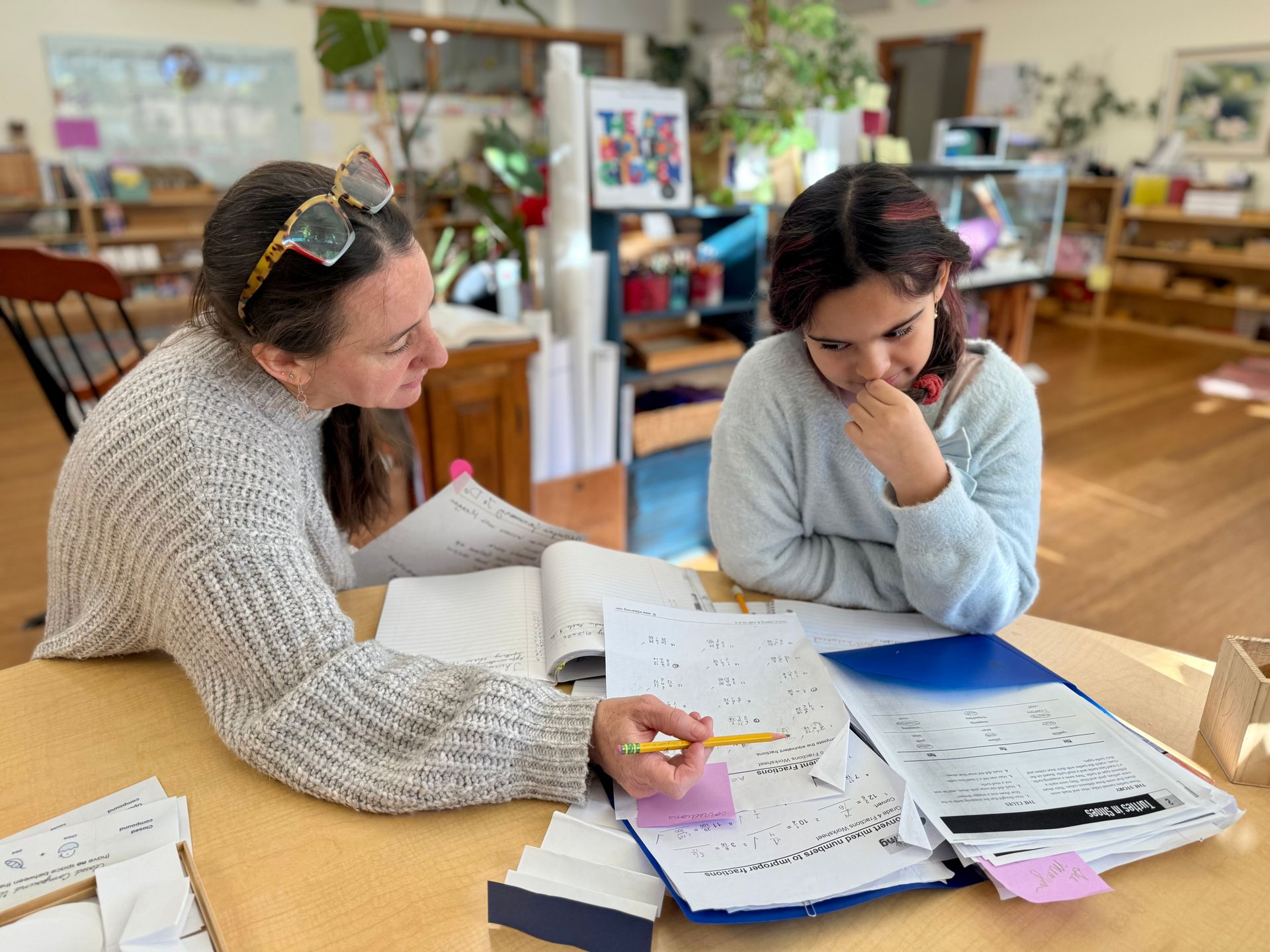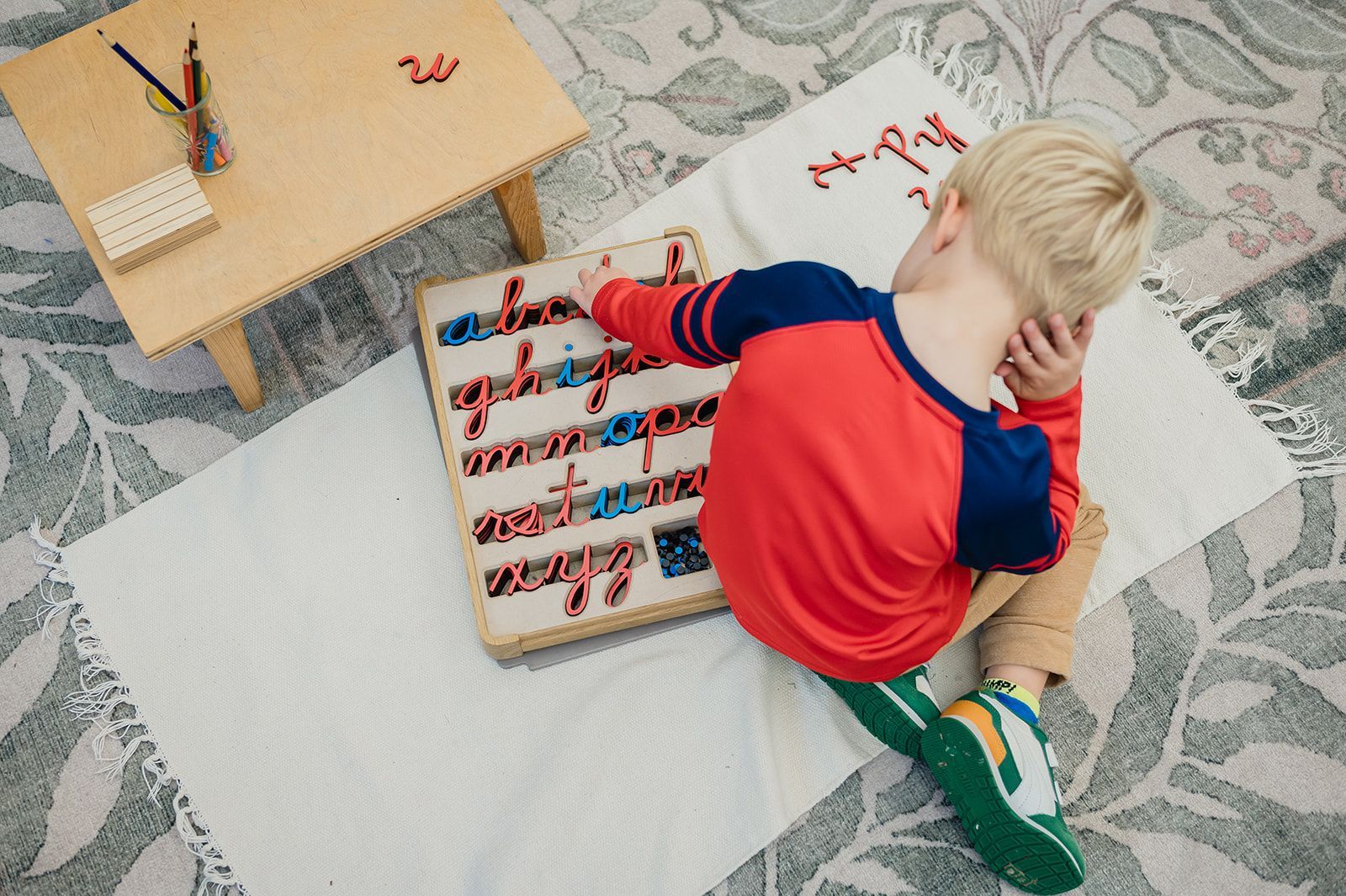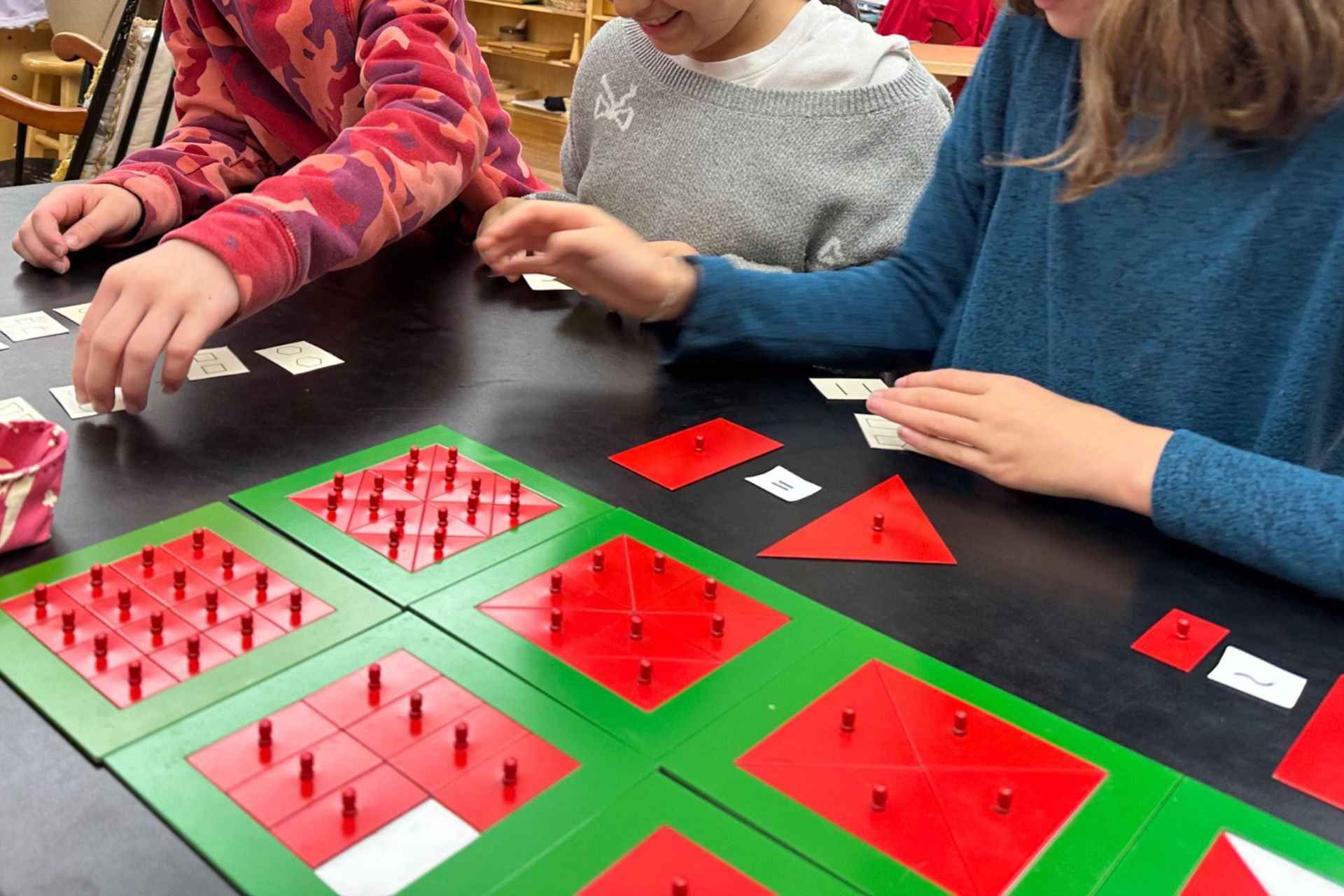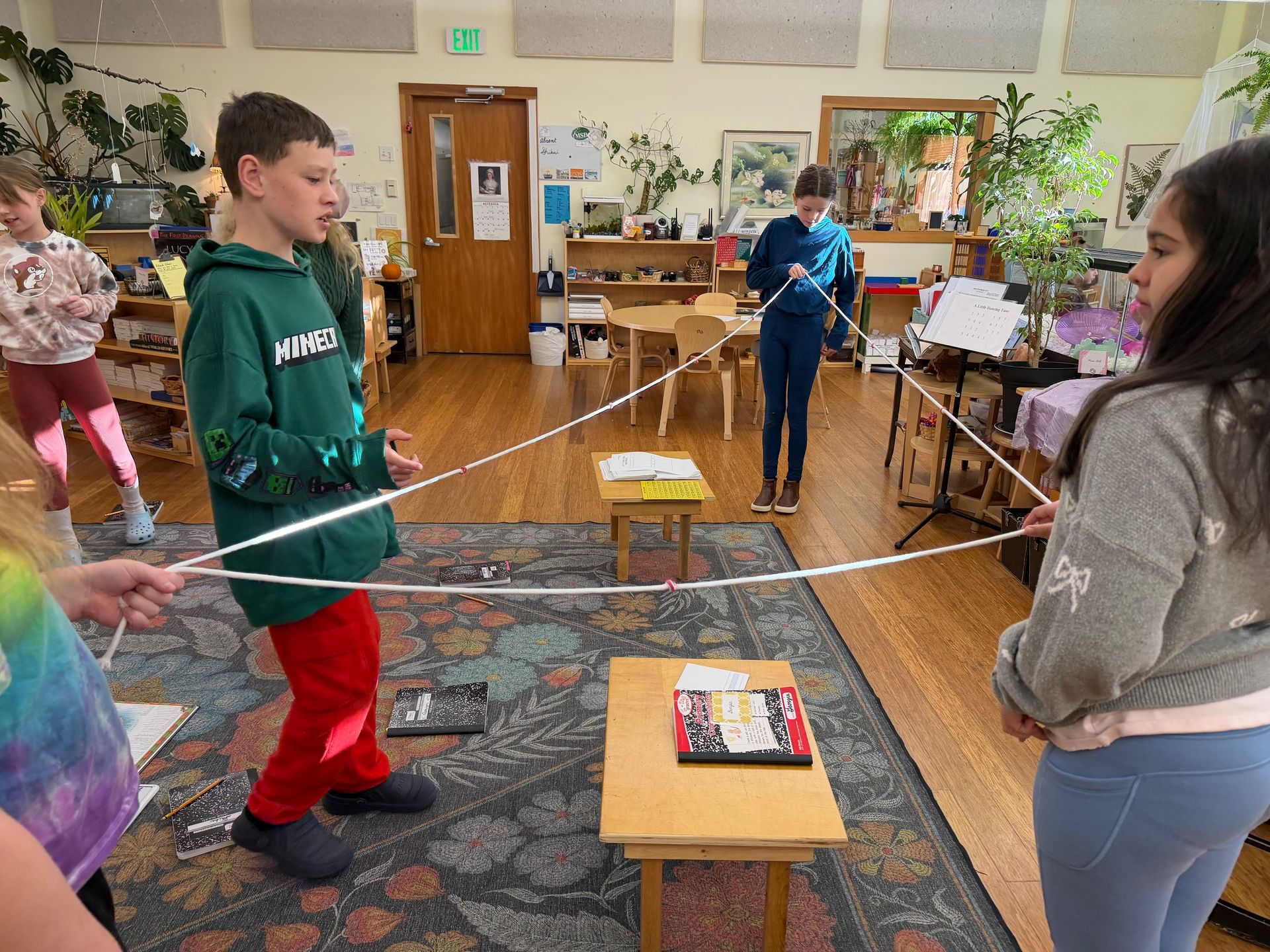Summer Learning: Finding a Balance
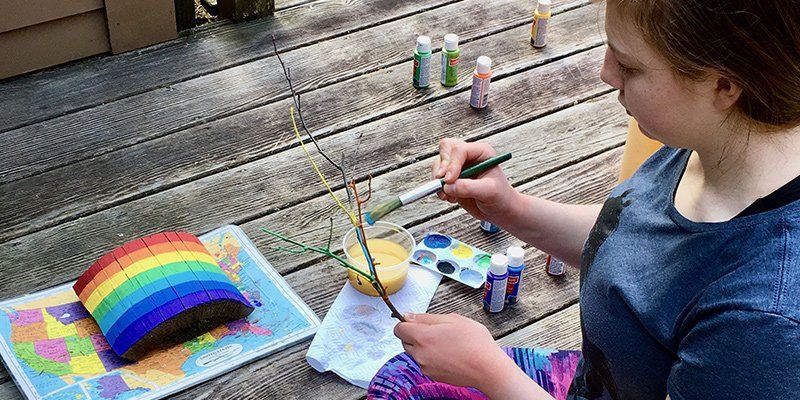
Families typically undergo a period of transition between the end of the school year and summer vacation. This year’s transition will certainly look and feel very different than most, but it’s still there. We are here to support you as you figure out a balance between learning and relaxing. This will look different for every family, but finding ways to meet the needs of both children and parents doesn’t need to feel impossible.
In what areas does your child need support?
After spending a bit of time this spring working with your child at home, you likely have a pretty good idea about what their strengths and weaknesses are. While summer is a great time to ease up on academics, it’s perfectly fine to spend a little time focusing on skills where your child could use a little extra support.
Some tips to keep work light, fun, and effective:
- Identify reasonable goals. Your child’s teacher is a helpful person to consult with on this.
- Decide how much time to spend each week. Fifteen minutes each day? Ten minutes three days a week? A bit longer for an older child? Keep it brief but consistent.
- Make it fun. If your child is dreading the work, they’re not going to get a whole lot out of it. Find ways to integrate skill building into other activities, or again, consult your child’s teacher for ideas.
- In lieu of traditional praise, reframe your observations. Instead of saying, “Good job!” say, “I notice you worked really hard on that. How do you feel?” This practice will cultivate internal motivation rather than a desire to work to please others.
What are some simple things you can do for maintenance?
Let’s say your child is a strong reader. If they don’t spend much time reading all summer long, that strength is likely to fade somewhat. It’s important to find stress-free ways to keep skills sharp over the next several months. Again, keep it light, fun, and brief. Pay attention to your child and let their enthusiasm be your guide. If they love to read, make sure to carve out a bit of time each day for them to do that. If math is fun for them, make up word problems that have to do with your daily life or ask them to help you figure out real-life problems. Is science and nature more their thing? What better time than summer to explore and learn!
How might you enrich daily life?
Before we jump into the possibilities for enrichment, we would like to remind you to keep your expectations manageable. If you have your own work to attend to, or are dealing with family or health issues, coming up with creative fun for your child may have to wait, and that’s okay. When you have a few spare moments, make sure there are plenty of independent options for your child around the house: dishes and snacks within reach, high-interest games and toys available, art supplies, puzzles, and books are all great ways to encourage your child to enjoy their time independently when your attention has to be elsewhere.
That being said, if you do have some more time to spend together as a family, consider how you might want to spend it.
- Get your creative juices flowing and try out some family art projects.
- Spend time outdoors! Here are some helpful tips for doing so during the pandemic.
- Head to the kitchen and cook together. Here are some fun and simple recipes.
- Work in some regularly scheduled fun. Friday movie nights? Pizza on Wednesdays?
- Explore your interests. Whether you and your child love art, music, birds, or soccer, have fun learning together.
Should the routine be different?
Yes... and no. Summer is a great time to loosen up and relax the rules a little bit. Children still need basic schedules to help them feel grounded and safe, but that doesn’t mean they can’t stay up late one Tuesday night to do some stargazing. You may have specific screen time rules as a family, but it’s okay if you wake up one rainy morning and all decide to stay in your pajamas and watch a movie. While it might sound completely counterintuitive, remember two things:
- Your child needs structure and routine. Don’t throw that away completely just because it’s summer.
- It’s summer. It’s okay to make some adjustments and flex those rules once in a while.
What do children really need right now?
We have all been through a lot in recent months. We know you already know this, but what your child needs most is to have you be there for them. They need to know you love them and will support them. You are the certainty during uncertain times.
As we all move forward defining our new normal, kids are still kids. They help us remember to have fun and enjoy the small things in each moment. They need us to slow down and do that with them. They need us to step away from chores and work on a puzzle with them. They need us to turn off the computer and help them dig a hole in the yard.
We all need to revel in our own little moments of joy. Let this be a summer to make a few memories together.
